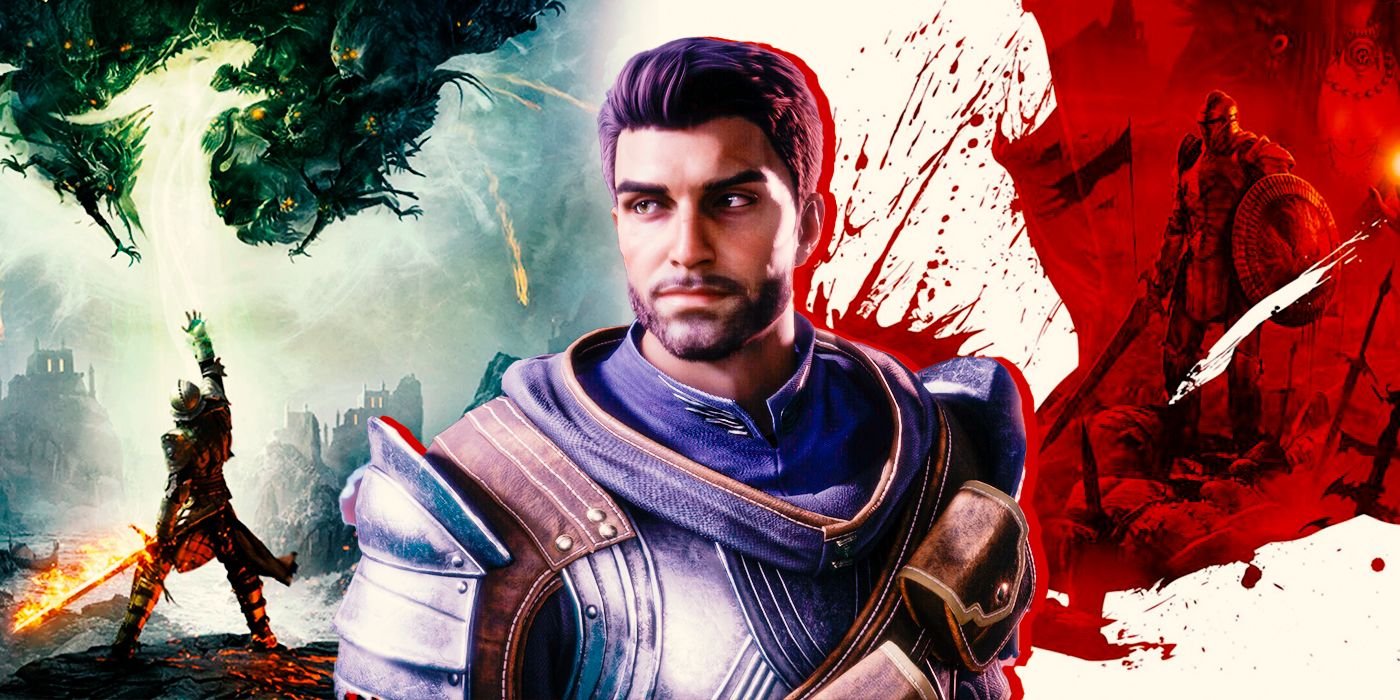
To be specific, there are mainly three classes that the player has access to: the warrior, the rogue, and the mage. Each class has its own benefits and perks to choose from, and each is definitely enjoyable to play in its own right. However, it can be argued — quite successfully— that no class is as fun, varied, or even as intrinsic, as the mage.
The Mage is Dragon Age’s Staple Magic Using Class
A Rare and Powerful Commodity in Thedas
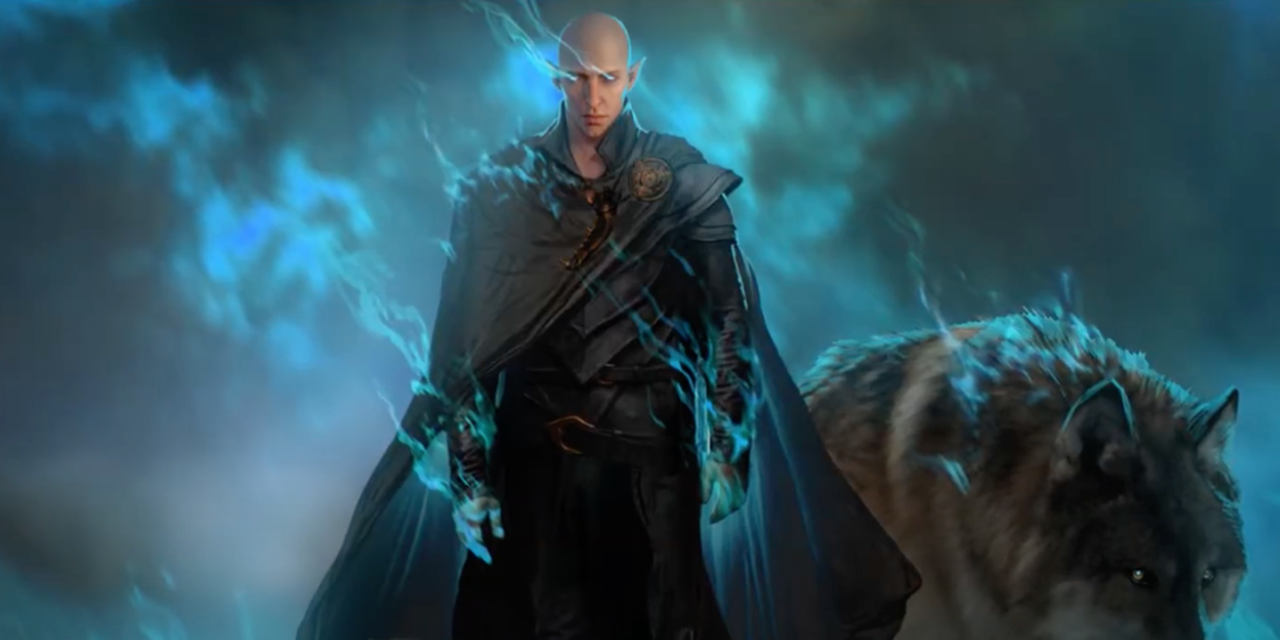
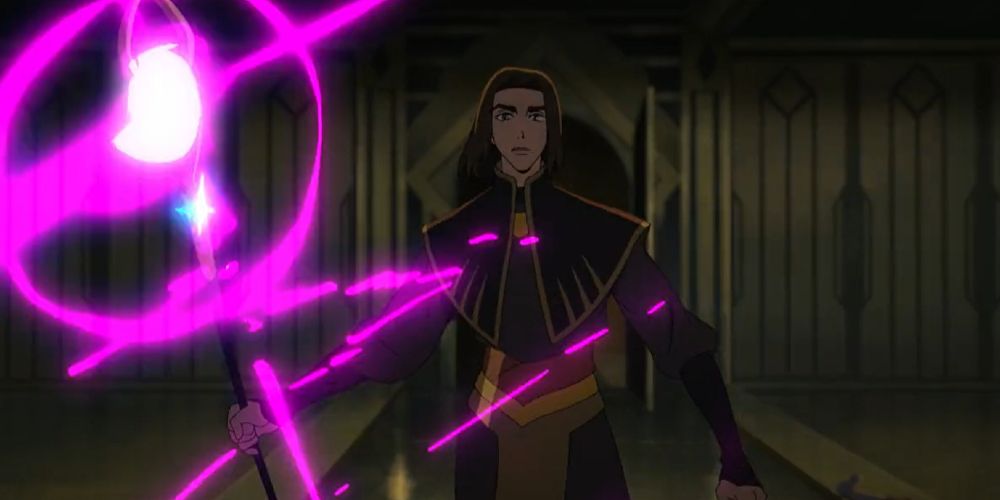
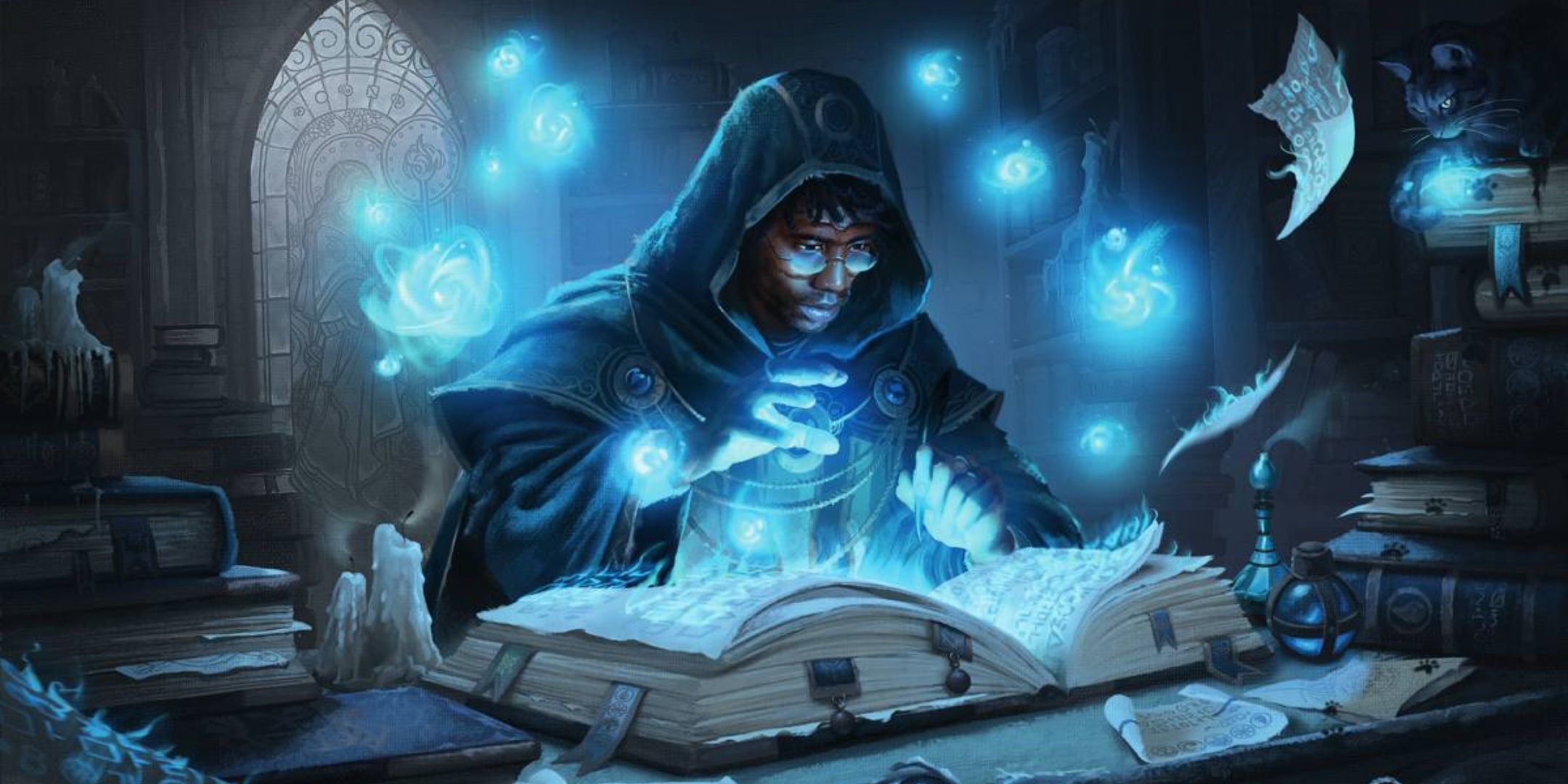
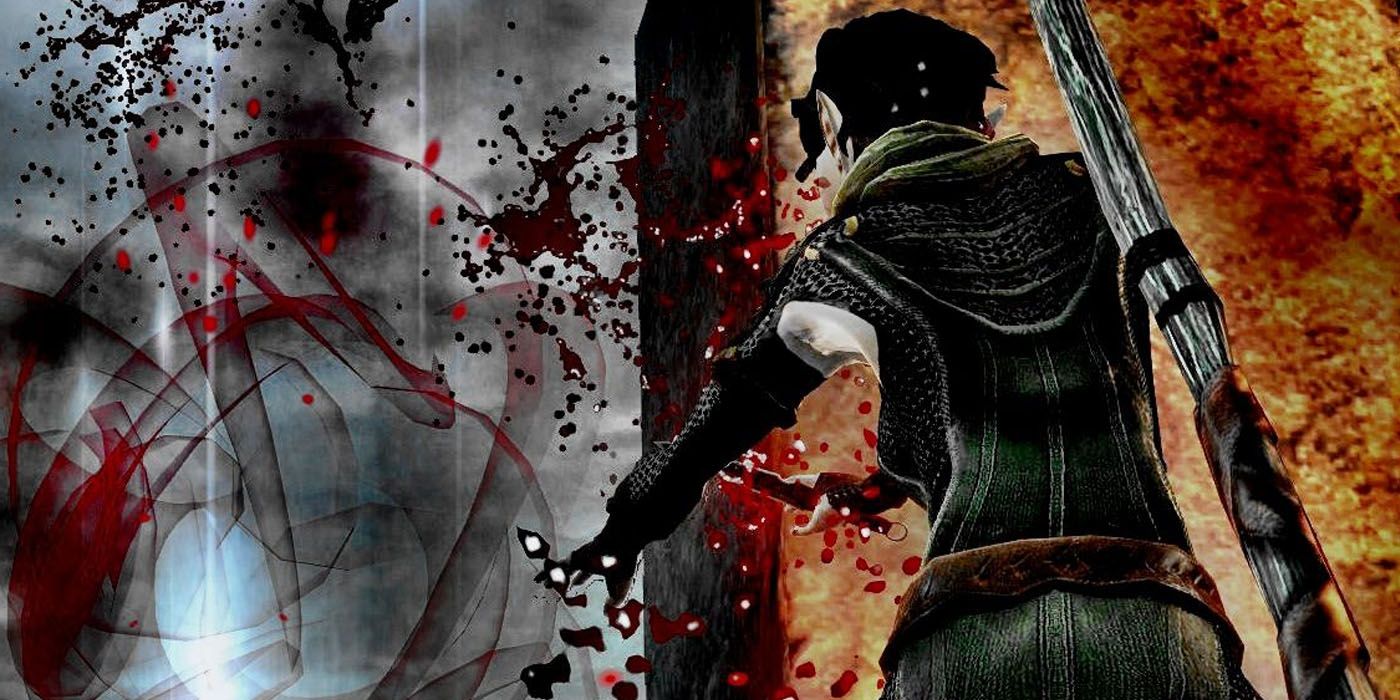




In the world of Thedas, few beings are possessed of such power as that of a mage. Those born with an innate connection to the Fade, mages can draw magic from the world itself to weave into powerful spells and enchantments.
They can use different types of magic including elemental magic (drawing power from the elements themselves to wrought great destruction), spirit magic (the means to draw power from the spirits of the world to heal and ward off debilitating effects), and even blood magic (an ancient, taboo source of magic that draws power not from lyrium, but from the blood of living beings).
Aside from their lore, a mage is just as deadly in the hands of the player character. Throughout all Dragon Age titles, from Origins to The Veilguard, players have access to the mage class and all the power that it brings. Now each game has its own method of approach and playstyle when it comes to the mage, but each one succeeds in making the class one of, if not the most enjoyable classes in the series.
Dragon Age: Origins’ Mage Class is More Tactical than Others in the Series
A Patient, Methodical Approach
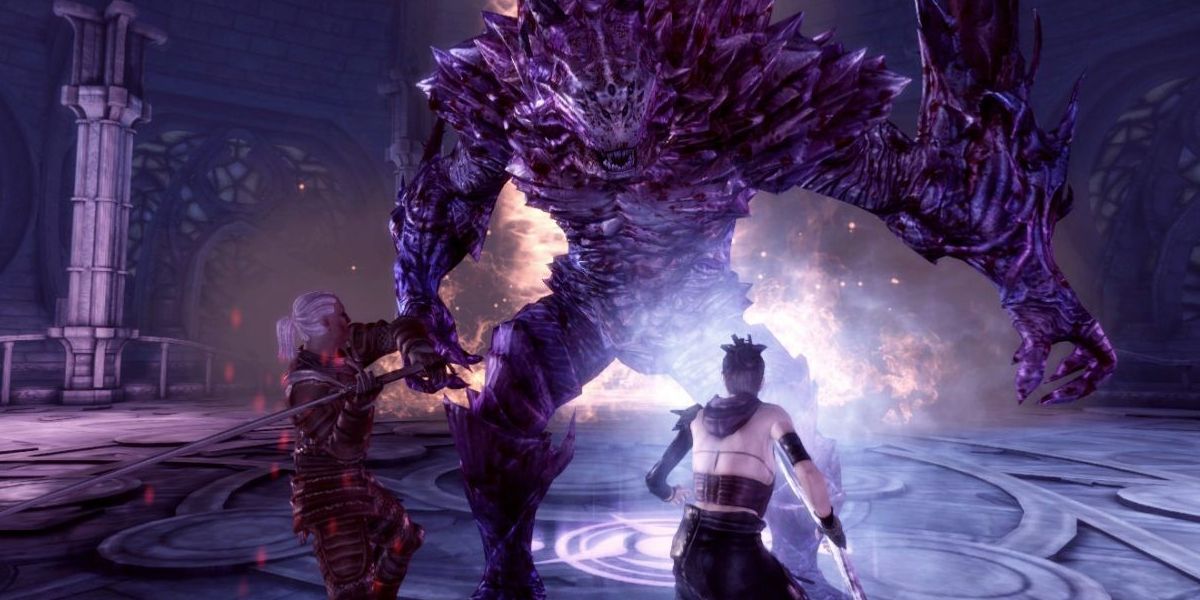
In Dragon Age: Origins, which is arguably the best game in the entire series, one of the things that made the title stand out was its tactical combat. Much in the vein of other similar titles like Knights of the Old Republic or Baldur’s Gate, Origins‘ combat allowed players to pause combat in real-time, allowing them to plan out their movements and actions before executing them. Strategy was emphasized heavily in Origins, and it was needed to help players gain the advantage they needed to win.
Dragon Age: Origins is known for its tactical combat, and is one of its fondest features
The mage is a class filled with depth and strategy
Has some of the most unique and varied specializations in the series
In addition to all of the spells they have access to, which include anything from healing to buffing and even destroying, they also have access to unique specializations like the other classes, though theirs are some of the most unique and varied throughout the game and series itself as a whole.
An Arcane Warrior, for example, can use magic to enhance their physical capabilities, while a Shape Shifter can alter their physical form to transform into wondrous and ferocious creatures. And for those who wish to dabble in the darker side of magic, they can become a Blood Mage, fueling their spells with the blood of themselves or that of their enemies.
Dragon Age 2 Makes the Mage Class More Interactive
More Active, Less Passive
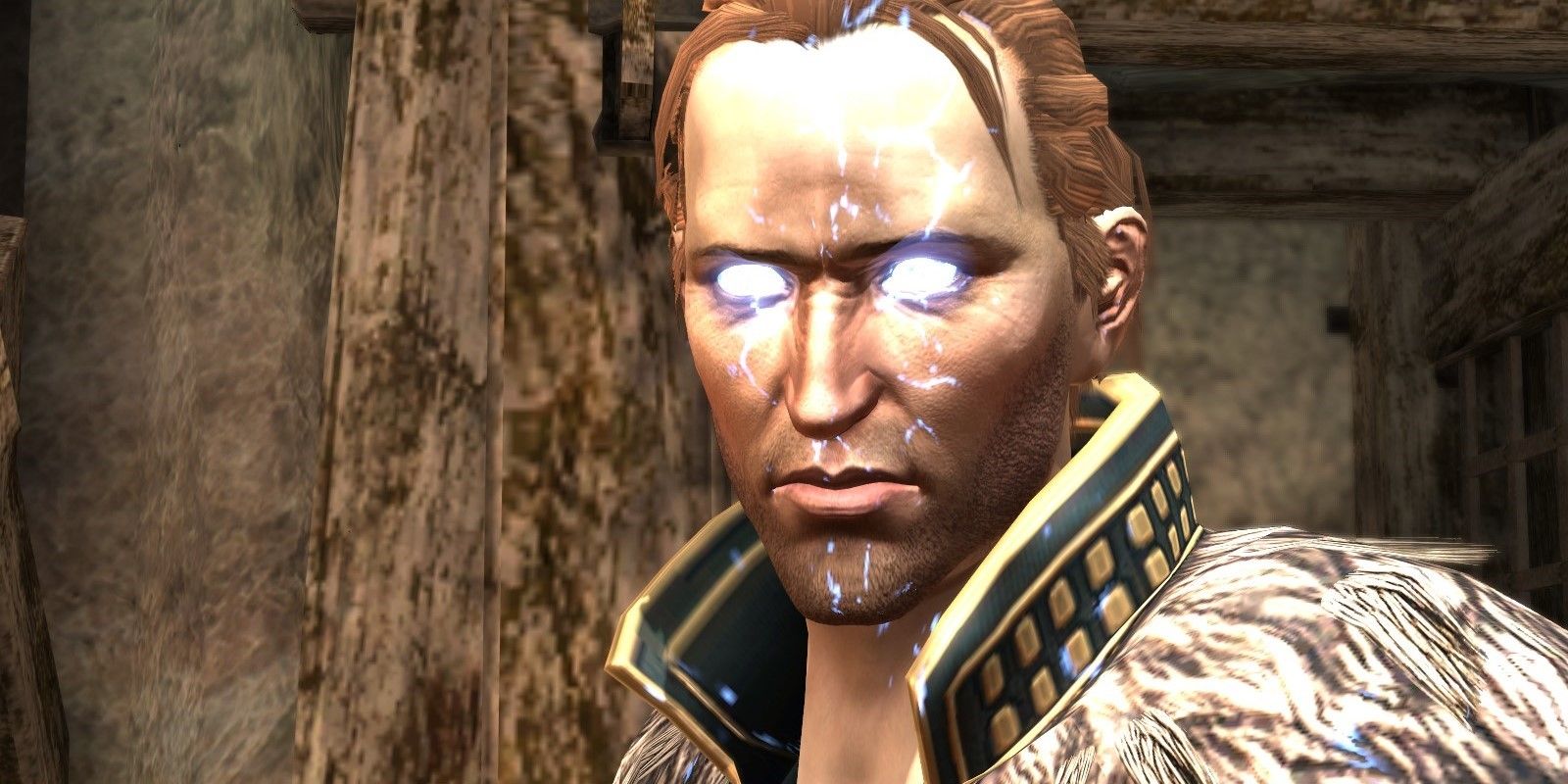
Dragon Age 2 deviated from its predecessor in many ways
The mage class is still fun and enjoyable to play
Many spells and specializations are available to the player, including their companions
All classes are subject to this change in combat style, and the mage is no exception. In fact, one could argue that the mage is made even more enjoyable because of the action combat, as they are capable of actively attacking the enemy from afar while weaving in between powerful spells to buff themselves or decimate the opposition. The mage can use spells from various ability trees including Elemental, Primal, Spirit, Arcane, Creation, or Entropy.
Dragon Age 2‘s companions also have access to their own unique specializations. For the mages Anders and Fiona, the former’s Vengeance specialization can tap into his spirit of Vengeance to buff himself and others, while the latter’s Dalish Pariah can be used to buff their spells.
Dragon Age: Inquisition Makes the Mage Class Both Tactical and Interactive
A Mix of Both Combat Styles
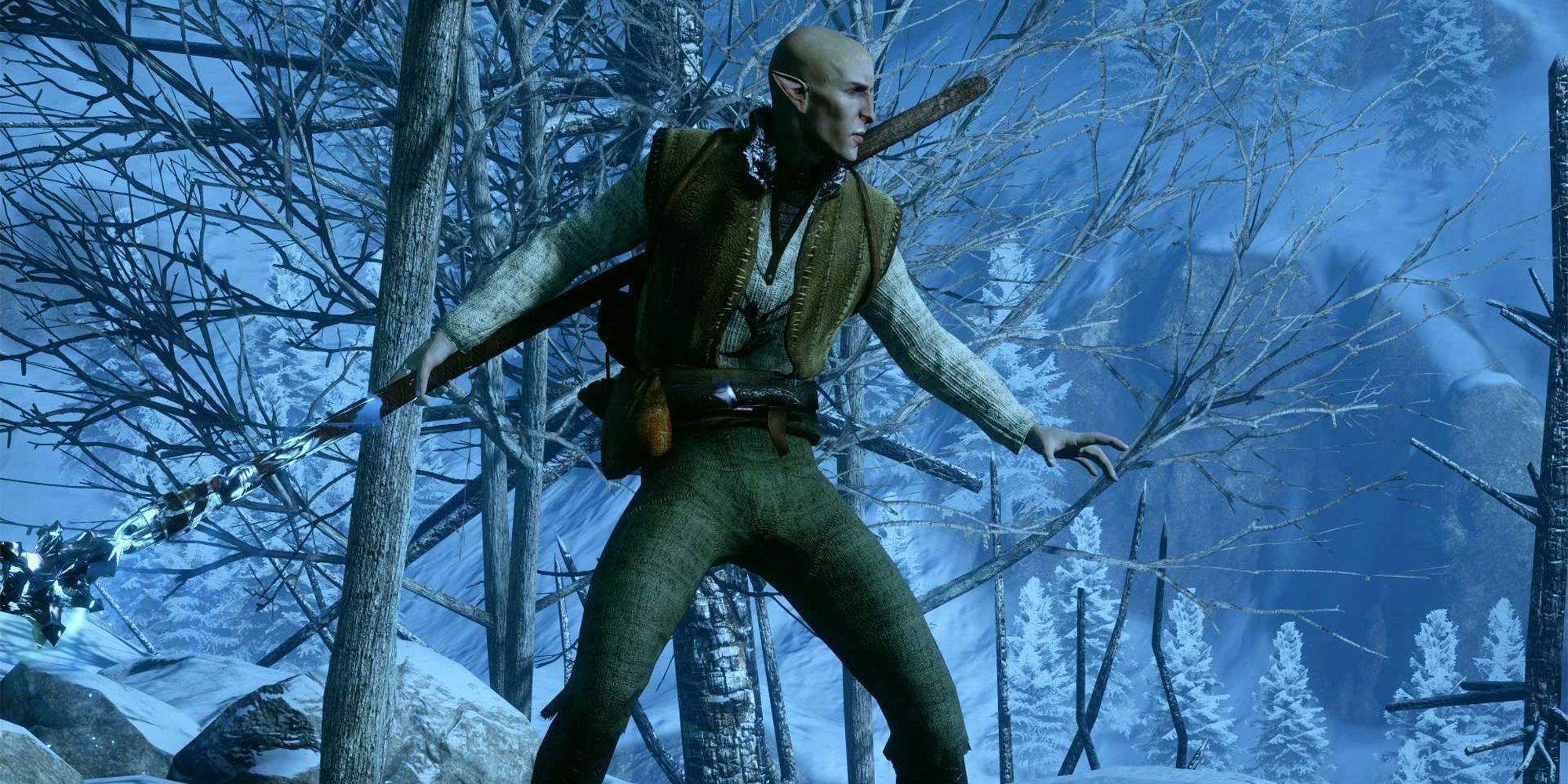
In Dragon Age: Inquisition, there was a mix of both tactical and action combat in an attempt to please both sides of the fandom. Whether or not this was done successfully is a matter of personal opinion, but what is a fact is this: Inquisition was a success. With an amazing story, great features, and fan-favorite characters like Dorian, the game became one of BioWare’s greatest achievements.
Dragon Age: Inquisition was a mix of action and tactical combat
Spells and specializations make a return from past titles
Spells like Chain Lightning from the Storm tree, for instance, can arc in between multiple opponents, stunning them and causing a lot of damage, while the Inferno spell Immolate can cause a fiery explosion, severely hurting enemies and burning them over time. Of course, there are the subtler, nuanced spells like Barrier, which can shield the caster and their allies with a shield to temporarily negate damage. Specializations make a return and with them different playstyles to enhance a class’s ability to fight.
For the mage, there is the Knight Enchanter (a mage that can summon blades of magic from the Fade and are expert in fortifying themselves from attacks), the Rift Mage (a mage that can manipulate the Fade and the Veil attached to it to deal devastating damage to their opponents), or the Necromancer (mages who summon the dead to fight on their behalf).
Dragon Age: The Veilguard’s Mage Class is One Filled With Fun, Enjoyment, and Action
One of a Few Things the Game Gets Right
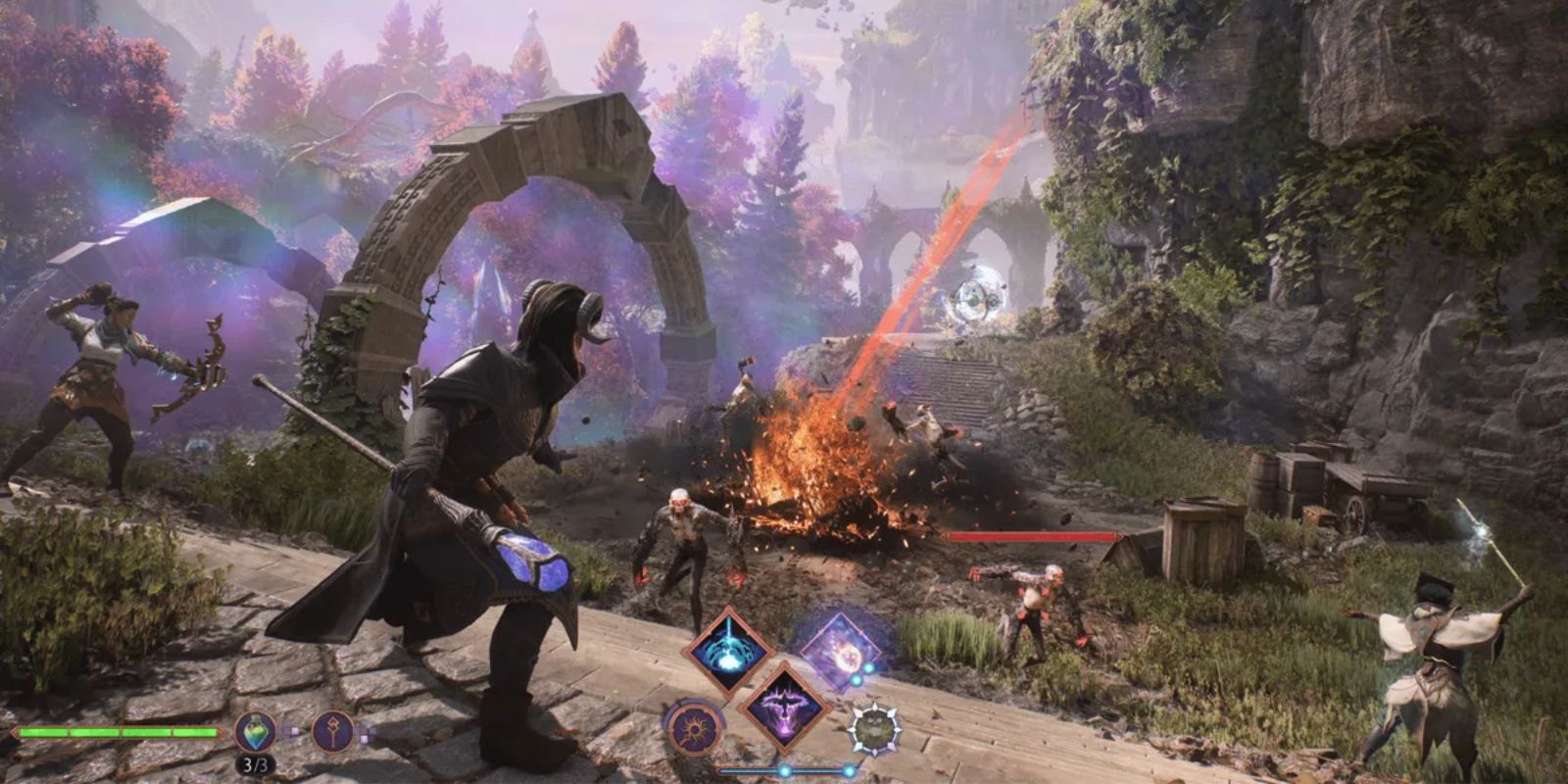
Look, there’s no sugarcoating it: Dragon Age: The Veilguard is the most divisive entry in the series. It is a game that unfortunately did a lot more wrong than it did right; whatever side fans fall on, that fact can’t be argued. But one of the few things that it did get right was the combat. This may be a controversial take, but the combat in Veilguard is some of the most stylish and action-packed throughout the series.
With an emphasis on action, it completely does away with the tactical aspects of its predecessors, fully embracing the pure action-based persona. Again, this is something whose success and approval are wholly subject to a matter of opinion, but for this writer at least, it is something that enjoyment can be found in.
Dragon Age: The Veilguard is the most divisive entry in the series
It is a game that did more harm than good
Combat was one of the few things that was decent about the game
All the classes: warrior, rogue, and mage, are filled with a plethora of skills to choose from, each one serving to buff the player and their allies or to beat the enemies in front of them. When it comes to the mage, once more, it is the most enjoyable. A mage in The Veilguard can use their magics to pelt the enemy with spell after spell, using the more powerful ones in their arsenal to devastate and cripple their enemies.
As far as skills and specializations go, the mage is one of the most expansive. There are plenty of spells available for the player to choose from, whether it’s summoning thunderstorms or frost magic, or using fire spells to burn everyone and everything in the player’s path. For specializations, this depends solely on the player character’s faction choice.
For a mage belonging to the Mourn Watch for instance, there’s the Death Caller, which uses various spells pertaining to necromancy. For those belonging to the Antivan Crows, there’s the Spellblade, which involves a mage of the Antivan Crows infusing their weapon with powerful magics. And finally, there’s the Evoker, a mage of the Shadow Dragons that specializes in ice magic.





